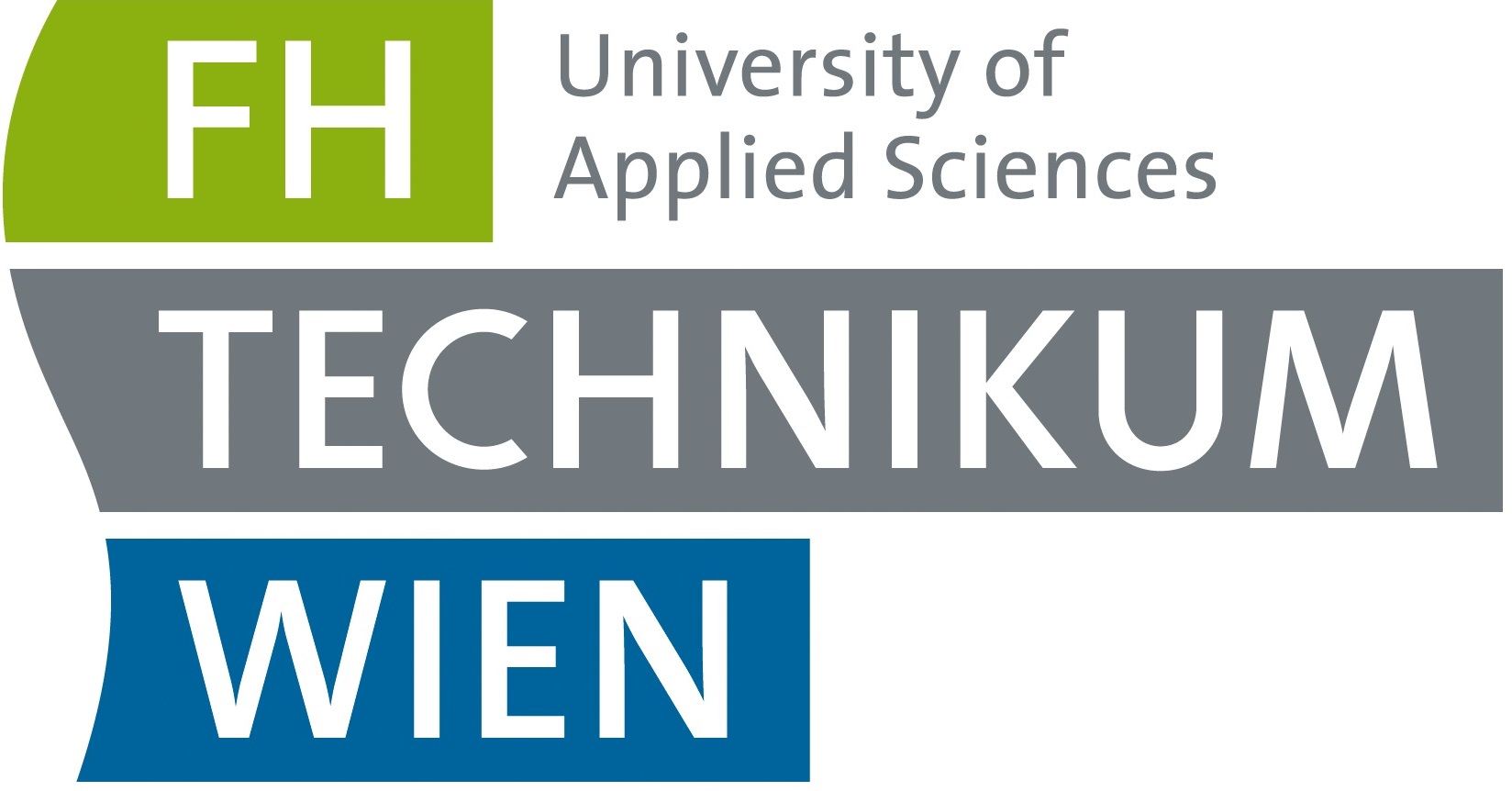About ENGINE
In preparation for different labour markets and for the recruitment of international students, the offer of foreign-language university teaching with an international profile is becoming increasingly important.
Together with international partners, ENGINE is developing an engineering case study in internationally mixed teams on the basis of comprehensive previous experience from workshops and case studies across universities, which also enables students with limited physical mobility (e.g. due to professional activity) to gain - virtual - international experience: Within the context of a typical product development, the Teams solve a technical and non-technical, country-specific task and present this online to the worldwide distributed lecturers. In order to ensure vocational field orientation, the case study uses scenarios and cases from real companies. A small (20%) part of the project is devoted to the development of country-specific parameterizable demonstrators (e.g. 3D-printed robot vehicles). During the development of the case study, ENGINE expands the existing international university network and strengthens 1-3 focus partners for the UAS Technikum Wien study programmes Mechatronics / Robotics, Mechanical Engineering and International Industrial Engineering, with whom particularly intensive cooperation is to be cultivated (e.g. joint degree, joint curriculum development, R&D projects). In order to make the degree programmes internationally connectable on a permanent basis (i.e. attractive as a university partner), ENGINE evaluates in which areas of engineering education a foreign-language range of courses can be created together with the international partners and anchors corresponding internationalisation measures in the curricula (learning objectives, contents, methods, lecturers, literature and also mobility windows). ENGINE identifies subject-specific differentiation needs for teaching in the Engineering environment (e.g. due to different technical standards, intercultural peculiarities, differing financial/legal systems). Lecturers may be supported by further training. Gender/diversity objectives are also important, e.g. gender-appropriate teaching (consideration of the heterogeneous professional environments of engineers who are active worldwide in engineering projects of the same kind). Students benefit in many ways from this offer: they are able to actively apply their specialist knowledge in the international language of science. They are better prepared for the international labour market and have their first intercultural experiences even if their personal situation (e.g. profession, nursing duties, financing, health restrictions) does not allow them to stay abroad. As a synergy effect, ENGINE increases the possibilities for stays abroad by consolidating the worldwide partner network and enables international encounters with incoming students "at home". Targeted dissemination measures ensure the internal use and the external accessibility of the project results for Viennese universities and schools, companies and citizens.

